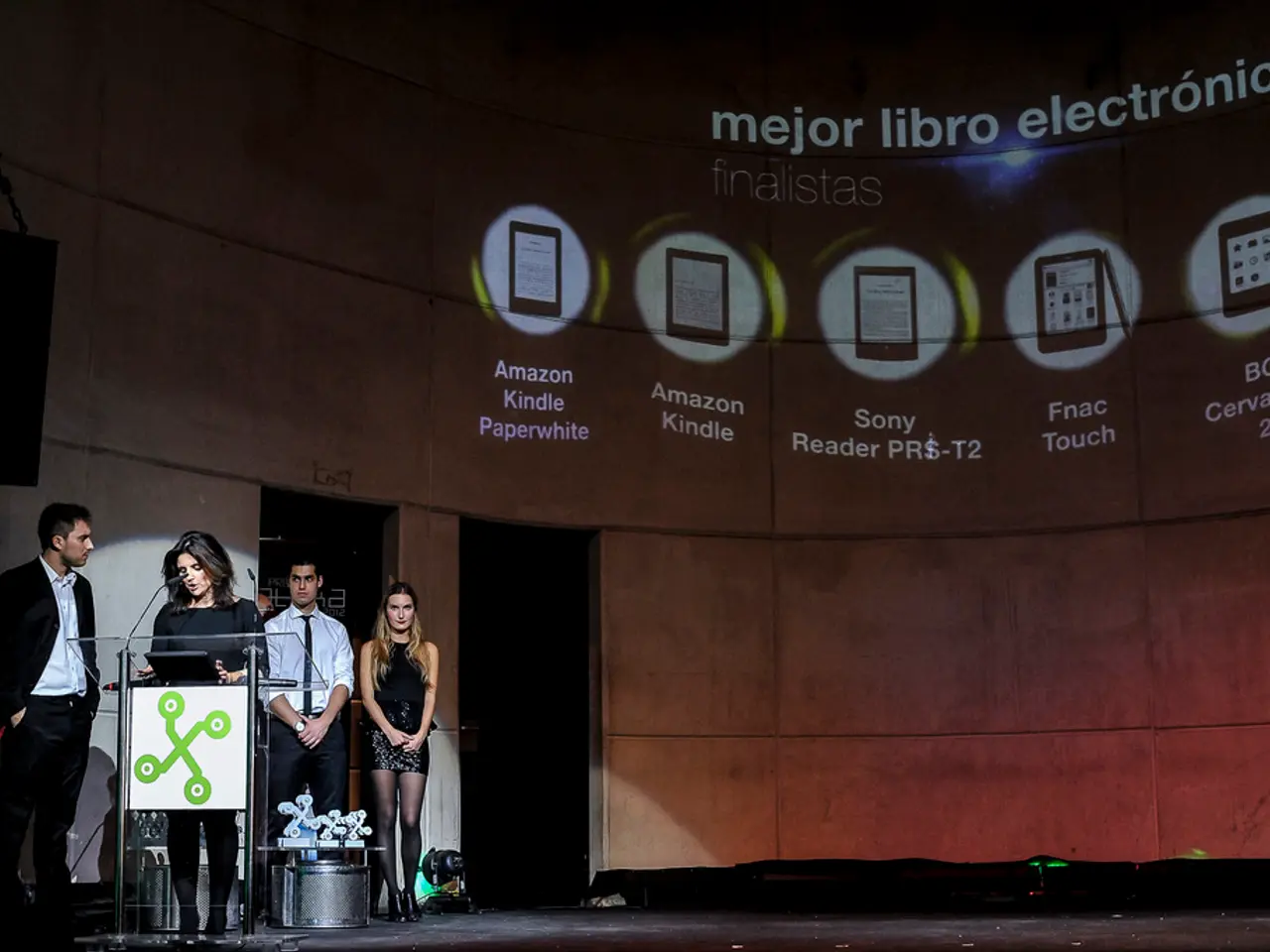Government's ambitious project to link rural schools with the internet network
In a significant stride towards bridging the digital divide and enhancing educational access, the Zimbabwean government has launched an e-learning initiative aimed at ensuring internet connectivity for every school across the nation. This ambitious plan includes the deployment of "Internet in a Box" solutions in rural schools, allowing students to access online resources within a 100 to 200-meter radius.
The entry of Starlink into the Zimbabwean market has been instrumental in driving this growth. After initially being declared illegal in early 2024, Starlink officially began operations in the country in Q3 of the same year. Since then, there has been a surge in VSAT subscriptions, with a 500% increase following Starlink’s entry into the market, and an additional 32% increase by early 2025, reaching over 30,000 users.
Recognising the potential of satellite internet, the government has reopened Starlink registrations in June 2025, allowing residents outside Zimbabwe’s capital to sign up, a move expected to boost access to satellite internet in remote regions.
Beyond Starlink, the government is also exploring hybrid solutions, combining satellite internet with 4G and 5G cellular technologies, to provide seamless and reliable connectivity. This approach is particularly beneficial for applications such as e-learning in rural Zimbabwe, where terrestrial infrastructure remains limited.
The Ministry of Education is also investing in teacher training, including virtual robotics training and scholarships for STEM specializations, to equip teachers with the necessary skills for the digital age. The government aims to connect 1,500 schools annually under the national e-learning strategy.
In addition to this, the government plans to establish the Zimbabwe Information Technology Company (Zitco) to produce computers and other IT devices. The initiative also includes broadcasting educational content via radio and television for students in rural areas, including those with visual impairments.
The Postal and Telecommunications Regulatory Authority (Potraz) has issued Starlink resellership clearances, a positive step towards the expansion of satellite internet services. Meanwhile, private sector operators are expanding telecommunications infrastructure, including a fibre line from Beitbridge to Victoria Falls and another one from Beitbridge to Manicaland, with plans to provide free internet to schools along the route.
While there is skepticism about the government's ability to deliver on these initiatives, there is a cautious optimism that a good number of rural schools will benefit from the e-learning and internet connectivity initiatives. Information Minister Muswere has stated that the licensing of Starlink is part of a broader strategy to support e-learning in Zimbabwe.
Having a smartphone is a privilege in Zimbabwe, and having access to the internet is highly sought after. With these initiatives, there is hope that the digital divide will be bridged, and educational opportunities will be expanded for all Zimbabwean students, regardless of their location. As these plans unfold, the success of the e-learning and internet connectivity initiatives in Zimbabwe will be closely watched.
The Zimbabwean government's collaboration with Starlink and exploration of hybrid technology solutions, such as satellite internet combined with 4G and 5G cellular technologies, aims to provide reliable and seamless internet access for education and self-development in rural areas, thereby bridging the digital divide. The entry of such technologies is expected to support finance-independent initiatives like the Zimbabwe Information Technology Company (Zitco) and the production of IT devices. Moreover, the Ministry of Education's investment in teacher training and virtual access to resources for education and self-development serves to equip faculty members with the necessary skills for the digital age, ultimately improving the quality of e-learning opportunities.




